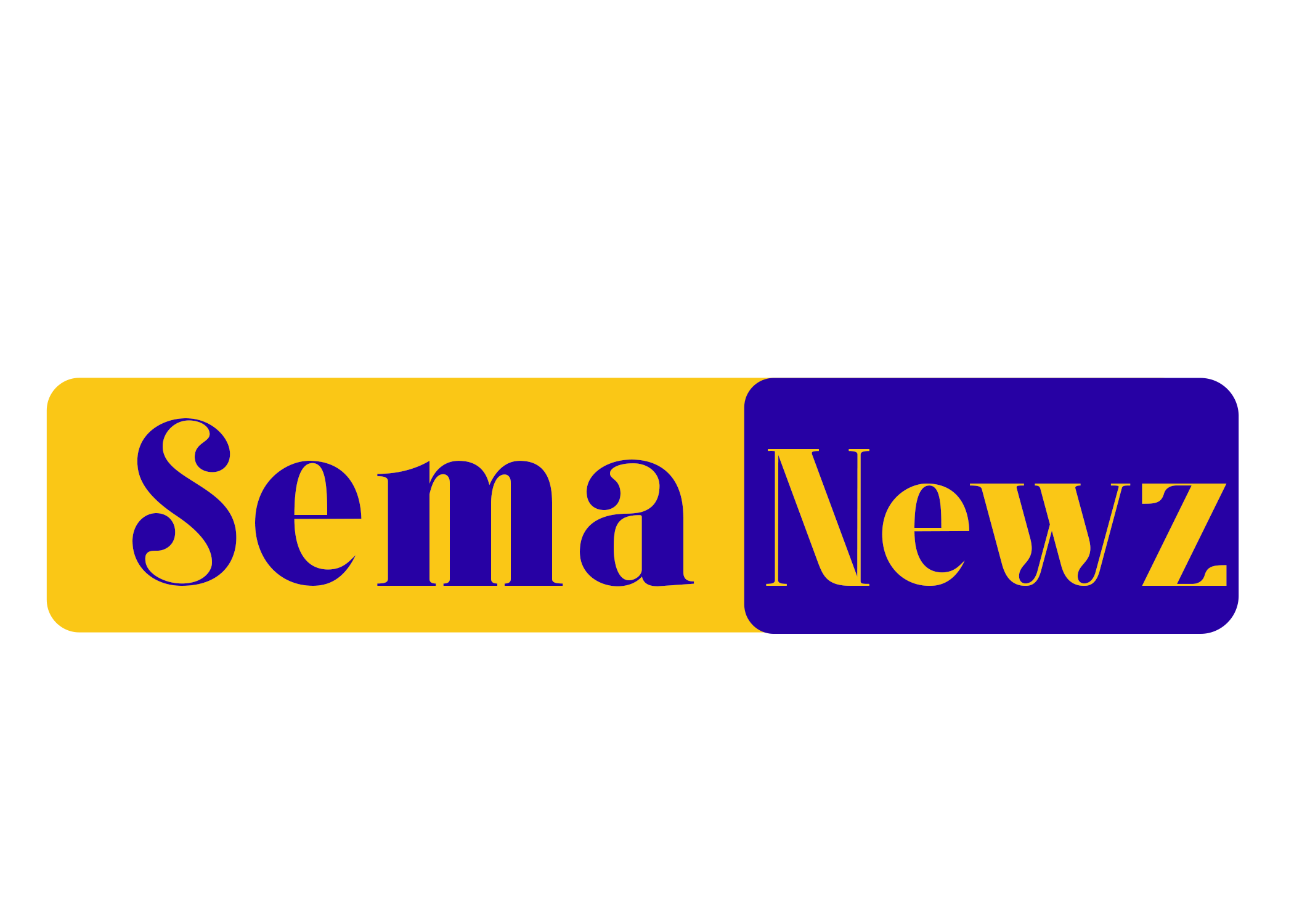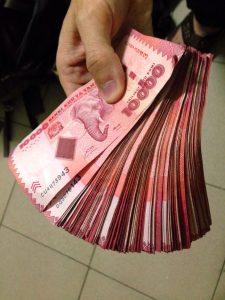Tanzania’s Honey Exporters Calls For Improved Issuance of Needed Certificates, Quality Assurance Facilities
Valentine Oforo, Dodoma
THE government has been challenged to digitalise and
improve processes in issuance of certificates and other key documents needed for
the exportation of bee honey, as well as other relevant products to different
countries over the seas.
Also, the stakeholders in the bee honey exportation
sector have underscored the need for the government to mull over how to empower
the local producers and processors of bee honey and its relative products to
meet the recommended standards in the world market.
In his exclusive interview to this publication, the
Managing Director of the Tanzania International Bee Co Ltd, Musiba Paul Kitema
expressed that the country was producing the best honey, in surpass to all
others across the globe, but there are a number of setbacks that refrains the
country’s honey to penetrate effectively into the world market.
For instance, he unveiled, there’s no laboratory for
the conduction of the microplastics parameter test of the honey, the vital test
which is needed in order to stand a professional chance to export honey into
the outside countries.
“In order to export bee honey, the international
standards requires all honey to be tested in terms of contamination of plastics
materials (particles), whereby in case of such contamination, the exported
honey is being rejected, destroyed or returned home, depending on the wisdom of
the receiver company,” he informed.
To that end, he noted that due to absence of such a crucial
facility in the country, most of the honey dealers and processors are being
‘arm-twisted’ to export their products, basing on the facts that the
Tanzanian’s honey processors are packaging their products in plastic
containers, contrary to those in other countries who are packaging their
products in the smart glass containers.
Moreover, Kitema, the managing director of the
country’s leading exporters of bee honey said it would be prudent for the Ministry of Natural Resources and Tourism to partner with its relevant
authorities to help the exporters to meet the set international standards,
including sugar content in the honey.
“As per the set international standards, in the
Europe market, honey requires to have a sugar content of around 50 percent and
below, but most home honey is around 60 percent,” he informed.
Together with that, he said the other challenge is
the accessibility of the certificates and other necessary documents needed in
exportation of honey and its products.
“In order to export honey, you must possess a number
of basic and mandatory certificates, include Veterinary certificate,
Phytosanitary certificate, Radioactive analysis certificate, EU Health
certificate, Sanitary certificate, Rex number for EU registered exporters,
Export permit, HACCP certificate and Certificate of origin,” he detailed.
And Kitema added that the said certificates and
permits are being issued by different ministries and authorities, and in an
analogue system, the unfriendly move which poses a lot of complications towards
the stakeholders.
“The government must mull over how
professional to set up a one-stop facility through which all of the needed
certificates and documents will be available under the same roof, this will
fast-track the processes for the issuance of the vital honey exportation
papers, and thus, allowing the country to fetch lucrative foreign gains from the
sector,” he urged.
Since its inception since 2021, the reputable Apiculture company, the Tanzania International Bee Co Ltd, has been exporting
honey to numerous destinations outside the country, and it keeps on getting
more tenders.
Recently, the company managed to export at least
25 tons of honey to the UK through Netherlands.
“We have a contract to annually exporting a total of
150 tons of honey abroad and we’re exporting it in different phases,” he
expressed.
He informed that, the home-based honey, especially
those from Katavi, Kilimanjaro and Manyara was attracting a huge market abroad,
saying what is needed is efforts to further expose and advertise the products across
the world.
“Prices for fresh honey in the international market
is currently ranging between 2.5 to 3.7Kg USD per 1ton, but Tanzania’s honey can
attract more price if it will be advertised effectively,” he observed.
Tanzania International Bee Co Ltd was established in
2021. The company’s business scope covers the whole industry chain in bee
keeping and bee science which integrates bee breeding, bee keeping area
preservation, bee keeping technologies, bee product research and development,
production, sales, export and Apitherapy aspect.














